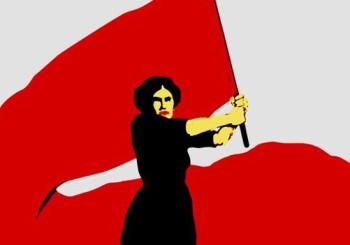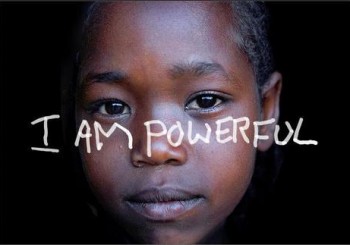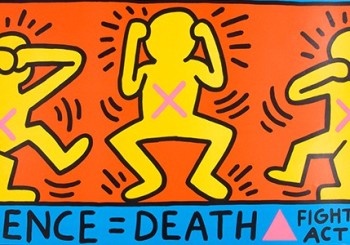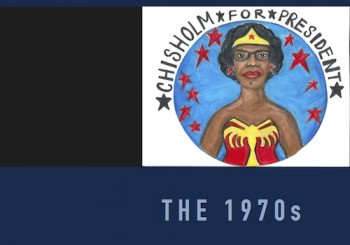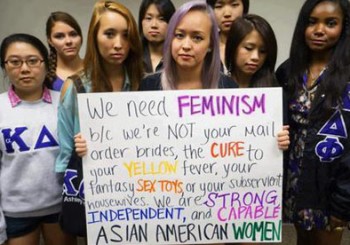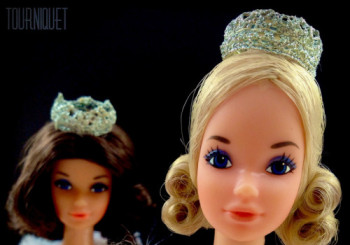
Emma Goldman (1869-1940) was a Jewish immigrant and political radical who became one of the major Anarchist political figures in Europe and North America in the decades before the Second World War. A public intellectual, author, lecturer, and activist, Goldman helped to transform the face of Anarchism and the political left, developing a political and social philosophy that would come to be known ...
More
More






